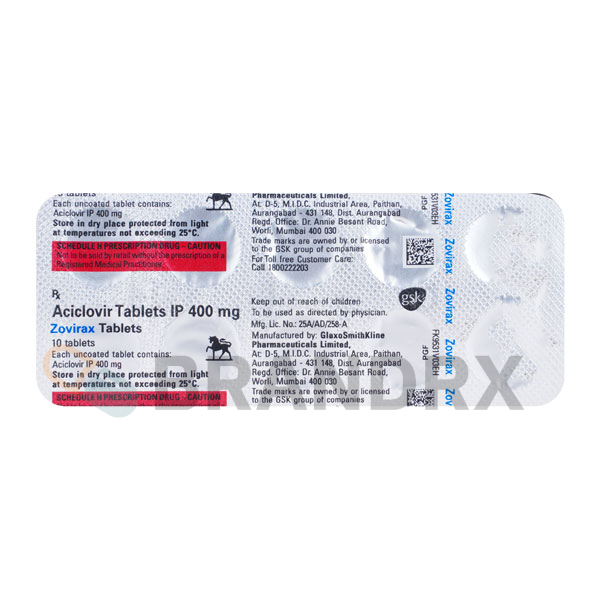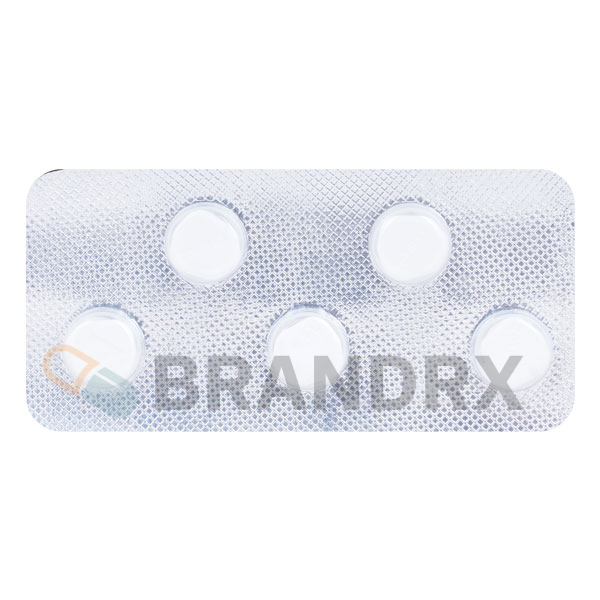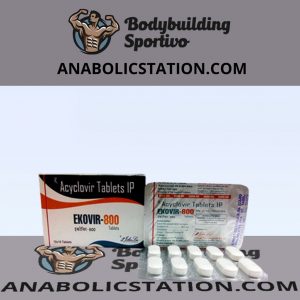Description
Description
Acyclovir an antiviral (anti-peptic) agent for external use is a synthetic analogue of nucleoside thymidine, which is a natural component of DNA.
In infected cells containing viral thymidine kinase, phosphorylation and conversion to acyclovir monophosphate occurs. Under the influence of guanylyl cyclase, laciclovir monophosphate is converted into diphosphate and under the influence of numerous cell enzymes into triphosphate. High selectivity of action and low toxicity for humans are due to the lack of the enzyme necessary for the formation of acyclovir triphosphate in the intact cells of the macroorganism.
Laciclovir triphosphate inhibits the synthesis (replication) of virus DNA by three mechanisms:
1) competitively replaces deoxyguanosine triphosphate in DNA synthesis,
2) incorporated into the synthesized DNA chain and interrupts its elongation,
3) inhibits the DNA polymerase enzyme of viruses. As a result, the reproduction of the virus in the human body is stopped.
Precautions for the Acyclovir substance
A large amount of fluid is recommended when treating with Acyclovir (to prevent the formation of an acyclovir precipitate in the renal tubules).
Caution should be exercised with intravenous administration to patients with neurological disorders, impaired liver function, electrolyte disturbances, pronounced hypoxia and impaired renal function (and when administered internally). To reduce the risk of kidney damage with intravenous administration, the drug should be injected slowly, within 1 hour. When symptoms of nephropathy appear, the drug is canceled.
The toxic effect of cyclovir on the CNS is more likely in patients with reduced immunity, in elderly patients, using high doses.
In the treatment with aciclovir, thrombocytopenic purpura and / or haemolytic uremic syndrome, in rare cases with a fatal outcome, in patients with clinically expressed forms of HIV infection have been recorded in clinical practice.
It is not recommended for prescribing to children for the treatment of chickenpox if the disease is mild.
In the treatment of genital herpes, sexual intercourse should be avoided or condoms should be used. The use of acyclovir does not prevent the transmission of the virus to the partner.
Cream and ointment for external use (5%) is not recommended to be applied to the mucous membranes of the mouth and eyes. Perhaps the development of pronounced local inflammation.







Reviews
There are no reviews yet.